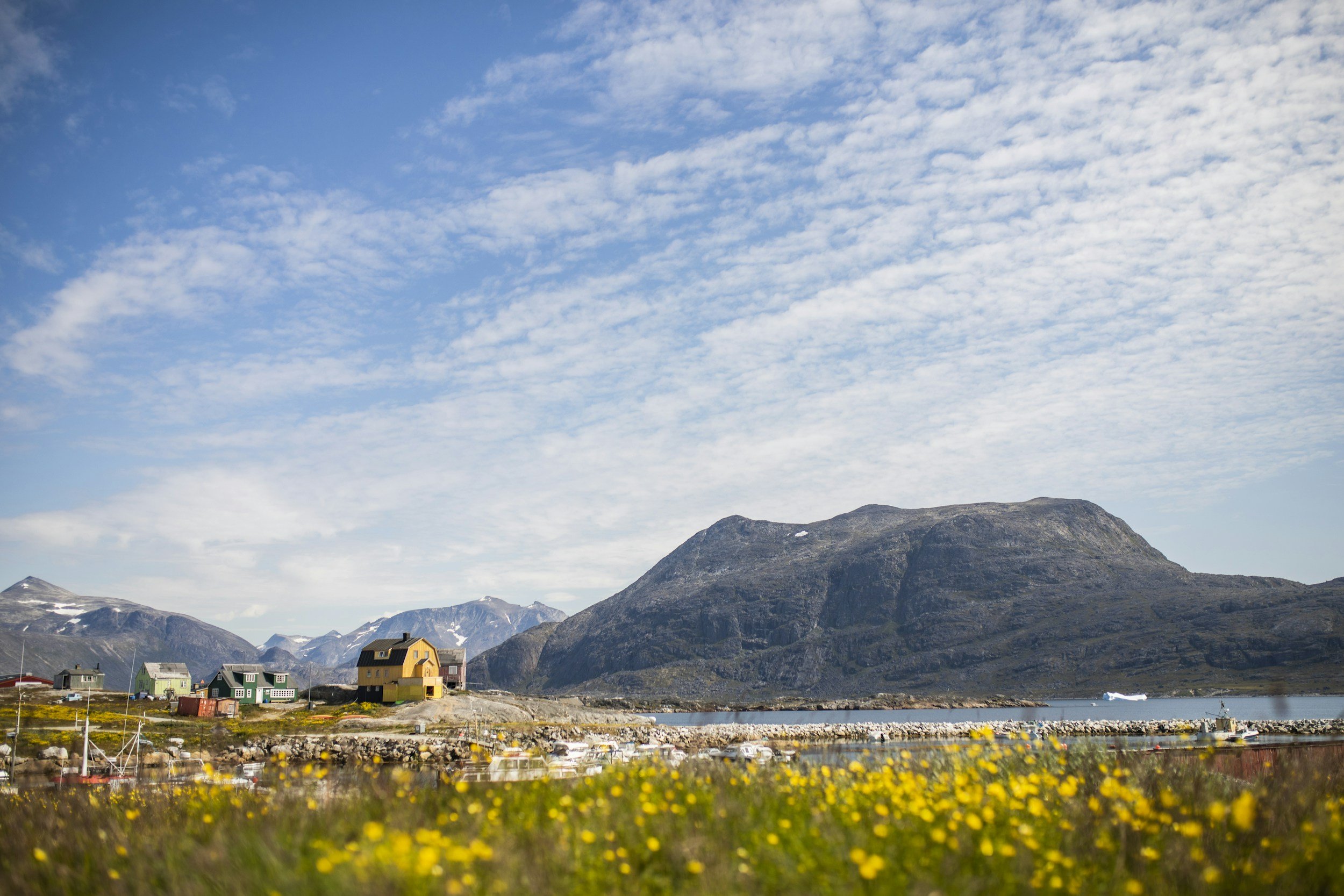5 Regions Facing the Impacts of Climate Change in 2024 (and How to Help)
Climate change is an urgent and escalating global crisis reshaping ecosystems and threatening biodiversity. While its impacts are widespread, certain regions bear the brunt of these challenges more severely than others. Here are five areas at the forefront of the climate crisis.
Florida, United States
While Florida is well known for its stunning coastlines, it’s particularly vulnerable to the impacts of climate change. Rising sea levels significantly threaten the state’s low-lying coastal areas, leading to increased flooding during storms and high tides. The frequency and intensity of hurricanes are also on the rise, leaving lasting damage.
In the last 70 years, Florida’s temperatures have risen faster than the global average. The rising temperatures contribute to more prolonged heat waves, impacting agriculture and increasing the risk of heat-related illnesses. These changes jeopardize the state’s economy — which heavily relies on tourism and agriculture — and threaten the diverse and delicate ecosystems.
Residents can mitigate the impacts of climate change by adopting sustainable practices like reducing electricity consumption at home and using renewable energy sources. They can also support local initiatives to preserve and restore coastal ecosystems by donating to organizations like the CLEO Institute and Citizens for a Better South Florida.
Chad, Africa
Chad is facing severe climate change impacts. The country is experiencing increased temperatures, erratic rainfall, prolonged droughts and devastating famines, all of which contribute to desertification, land degradation and death. These changes directly affect the livelihoods of the predominantly rural population, leading to decreased agricultural productivity and food insecurity.
Lake Chad — a vital water source — has shrunk by 90% over 60 years due to climate-induced factors and increased demand for water resources. As a result, communities dependent on the lake for fishing and farming face heightened vulnerability, exacerbating existing socio-economic pressures.
International groups and governments can play a role in providing resources and expertise to enhance Chad’s capacity for climate adaptation and disaster risk reduction. Individuals can make donations to programs like Project World Impact or UNICEF, which needs $137.2 million to assist vulnerable women and children.
The Amazon Rainforest, Brazil
Often referred to as the “lungs of the Earth,” the Amazon rainforest faces unprecedented risks. Rising temperatures, changing precipitation patterns, and increased frequency of extreme weather events contribute to deforestation and forest degradation. Rapid deforestation results in biodiversity loss, ecosystem disruption and the release of large amounts of stored carbon into the atmosphere.
Forest fires exacerbated by prolonged dry seasons and human activities have become more frequent, threatening biodiversity and indigenous communities. Additionally, the altered climate conditions risk shifting the rainforest into a savanna-like ecosystem, leading to irreversible consequences for global climate regulation.
The global community plays a vital role in preserving the rainforest. Choosing products certified as sustainably sourced — such as FSC-certified wood — contributes to the protection of the Amazon. Donating to the Rainforest Trust is also a great way to preserve the Amazon, as 99% of the rainforest they protect remains unharmed.
Gaza, Palestine
Rising temperatures, reduced rainfall, conflict and rising sea levels are threatening Gaza, a densely populated strip of land in the Middle East. Limited freshwater resources are becoming increasingly scarce due to over-extraction and contamination, impacting agriculture and drinking water supplies. Approximately 90% of water in Gaza is undrinkable due to sewage contamination and salinization, leading to waterborne illnesses.
Humanitarian aid and support for local organizations working on climate adaptation projects can help communities in Gaza better cope with their struggles. Donating to groups like Islamic Relief and UNICEF can also make a positive impact.
Greenland
The warming temperatures in the Arctic are causing the accelerated melting of Greenland’s ice sheet, resulting in rising sea levels globally. The intricate network of glaciers and ice fjords is experiencing increased loss, impacting unique ecosystems and threatening coastal areas. The sheet lost 196 million tonnes from September 2022 to August 2023.
As the ice melts, it releases freshwater into the surrounding oceans, disrupting marine ecosystems and influencing global ocean currents. Greenlandic communities are struggling with infrastructure damage caused by melting permafrost, and shifts in traditional hunting and fishing patterns.
While the impacts are part of a global challenge, individuals worldwide can contribute to mitigating these effects. Advocating for policies prioritizing emission reduction and climate action globally is crucial. Supporting initiatives and charities focused on Arctic conservation and research such as the Arctic Council or Arctic WWF helps raise awareness.
Global Efforts
Climate change is a global crisis, but it’s important to show support for regions that are facing more immediate effects. The planet needs urgent and coordinated efforts to mitigate these effects and adapt to the shifting environment.



